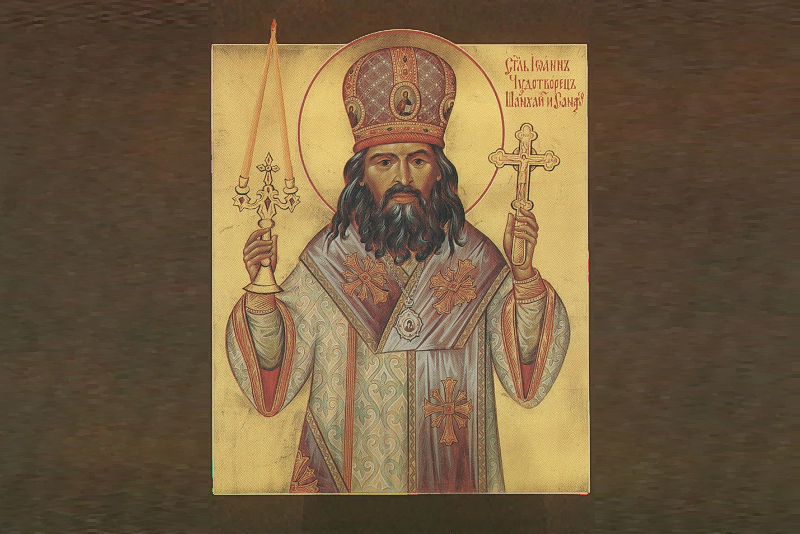
What are passions?
Passions are the uncontrolled desires that come from our bodily needs. They subordinate our soul to our egoistic or self will. They come about because we forget about God and only think of our own needs. The seven passions are: gluttony, lust, avarice, anger, dejection, listlessness and pride. All these passions lead us to sin, but with proper discipline can be offset by virtues.
How do passions develop into sin?
Sin starts with a suggestion that comes into our mind. For example, this could begin by someone expressing an opinion that is different than your own. This suggests to you that this person is against you in some way. This triggers feelings of anger in your mind. Next, you struggle with this feeling of anger trying to put it out of your mind. But, as you struggle with it, you find yourself attracted to the feeling more and more. You want to rebuke the other person. Eventually you let yourself become angry. Then you choose to take some action as a result of your anger. You yell or try to discredit the other person. When you take such action based on the suggestion, you are said to be enslaved by your passion, in this your desire for what is being denied by this person. You are driven to react with anger which is a sin. It is something that you do not seem able to control. This is the way sin develops and persists.
Our challenge is to overcome this reactive pattern so we can avoid sin and instead show a virtue such as mildness. To stop this kind of reaction we need to make a change of mind which in Greek is metanoia or translated as repentance. This is not always easy, but is an important task for our spiritual well being. These deep patterns must be broken and separated from automatic responses. The path to our salvation calls us to develop the capacity to control each of the passions.
The most basic of our passions is our desire for food. Of course we cannot live without food, so the body puts a high priority on this desire to meet its basic need to maintain its life. This is a natural and good desire God gave us for our well-being. There is nothing sinful about food itself or our desire for it. But most of us end up eating for pleasure and not just for the health of our body. This is why dieting is such a hugh industry. Many of us are controlled by our appetites. We know we should not have that first piece of chocolate cake or the second one, but somehow we are captured by the delight it gives us even though we know it is not what our body needs for good health. The sin is when we are no longer in control of this desire for food. It is when the attraction becomes stronger and stronger as we think about it and find that we cannot stop our actions. This attraction pulls us to over eat or to buy foods we cannot afford. This strong attraction to food is why the Church Fathers put such an emphasis on fasting. In their wisdom they knew that if we learn to control this one passion, we will have the strength to deal with the others. It is the natural first step in controlling our passions.

What are virtues?
Virtuous acts are the fruits of ascetic disciplines and they only come by grace. Our efforts only provide the conditions for us to receive grace.
I have planted, Appolos labored; but God gave the increase. (1Cor 3:6)
The virtues are temperance, chastity, generosity, mildness, happiness, diligence, and humility. The essential attitude for each of them is the acknowledgment of the omniscience of God, the seeking of salivation with humility, laboring with sincerity and a pure conscience, and doing all we know how to do to control our passions.
If we study the lives of saints who are people who lived virtuous lives, we find that they fast, engage in vigils, periods of solitude, read Scripture regularly, read the writings of the Church Fathers, attend church services and participate in the sacraments regularly. These are all known as ascetic practices.
What is meant by purity of heart?
The term heart is often used by our Church Fathers. Are they referring to our physical heart? No. Are they thinking about our emotions and affections? No, they are thinking of more than this.
Here is how Saint Theophan the Recluse puts it:
“The heart is the innermost man, or spirit. Here are located self-awareness, the conscience, the idea of God and of one’s complete dependence on Him, and all the eternal treasures of the spiritual life.”
The “heart” is like the center of our spiritual being. It is through the “heart” that grace of God penetrates us. It is the place of Christ within us.
When our Church Fathers tell us to purify our heart they mean to remove all our tendencies toward sin so our heart is pure and able to freely receive the work of the Holy Spirit. This is how Christ becomes our guiding force from within. One with a pure heart overcomes sin and is blessed by grace to live a virtuous life.



